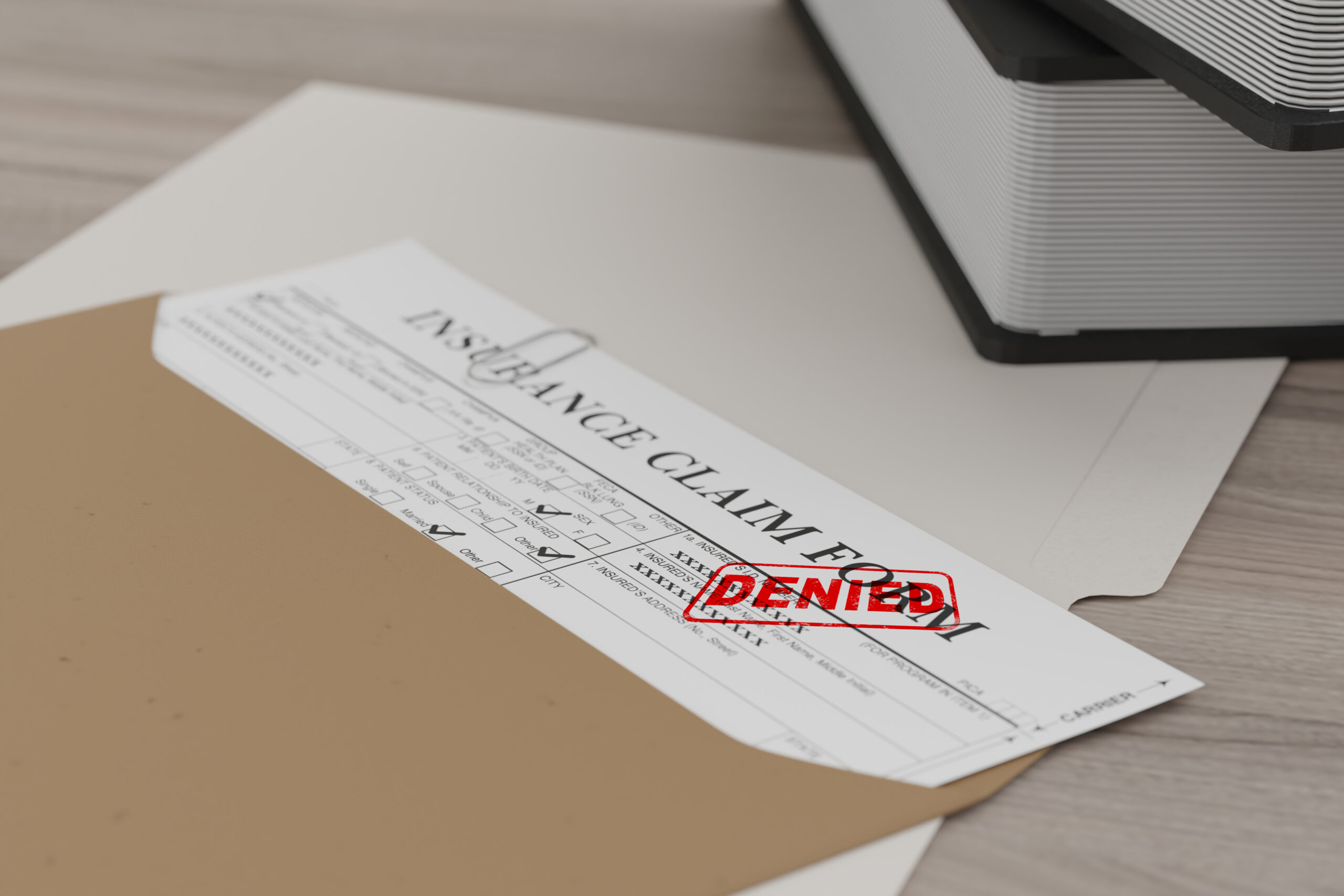We’ve all been there—filing what seems like a straightforward insurance claim, only to receive a frustrating denial notice. Denied insurance claims not only delay financial support when we need it most, but they also add unnecessary stress. At Gables Medical Review, we work closely with individuals and healthcare providers to uncover common insurance claim pitfalls and offer solutions that work. By learning the top claim rejection reasons and how to avoid them, we can all save time, money, and a whole lot of hassle.
Here are five of the most common causes of denied insurance claims—and simple, effective ways to avoid them.
1. Incomplete or Incorrect Documentation
The #1 culprit behind denied insurance claims is bad paperwork. Insurance providers need every detail to evaluate a claim, and missing or wrong information can lead to an automatic rejection.
How to Avoid This Pitfall
- Double-check your paperwork: Ensure all required forms are filled out completely and accurately. Double-check names, dates, and policy numbers.
- Provide supporting documentation: Include all necessary medical records, receipts, and any other supporting documents that validate your claim.
- Keep copies: Always keep copies of everything you submit for your records in case you need to reference them later.
Attention to detail can prevent a lot of hassle. If you’re unsure about the documentation required, don’t hesitate to contact your insurance provider for clarification.
2. Policy Exclusions and Limitations
Insurance policies come with a set of exclusions and limitations that define what is covered and what is not. Failing to understand these can lead to unexpected denials.
How to Avoid This Pitfall
- Read your policy thoroughly: Familiarize yourself with the terms and conditions of your policy, especially the exclusions and limitations.
- Ask questions: If any part of the policy is unclear, ask your insurance agent for clarification.
- Stay informed: Keep updated on any changes to your policy that might affect coverage.
Understanding your policy is crucial. By knowing what is covered, you can make informed decisions and avoid filing claims that fall outside your coverage.
3. Missing Deadlines
Insurance claims often come with strict deadlines for filing. Missing these deadlines can result in automatic claim denial.
How to Avoid This Pitfall
- Know your deadlines: Familiarize yourself with the deadlines for submitting claims and any required documentation.
- Act promptly: File your claim as soon as possible after the event that prompted the claim.
- Set reminders: Use calendars or reminder apps to track important dates and avoid missing deadlines.
Timeliness is key when it comes to insurance claims. By staying organized and proactive, you can ensure that you meet all necessary deadlines.
4. Non-Disclosure of Relevant Information
Non-disclosure or misrepresentation of relevant information can lead to claim denials. Insurance companies require complete transparency to evaluate claims accurately.
How to Avoid This Pitfall
- Disclose all relevant information: Be honest and thorough when providing information to your insurer.
- Update your insurer: Inform your insurance company of any significant changes that could affect your coverage, such as changes in health status or employment.
- Review your policy: Regularly review your policy to ensure all information is current and accurate.
Transparency is crucial when dealing with insurance claims. By providing complete and accurate information, you can avoid misunderstandings and potential denials.
5. Lack of Medical Necessity
For health insurance claims, a common reason for denial is the insurer’s belief that the treatment or service was not medically necessary. Insurance companies often require evidence that the procedure is essential for the patient’s health.
How to Avoid This Pitfall
- Get pre-authorization: Before undergoing a procedure, check if your insurance requires pre-authorization to confirm medical necessity.
- Provide detailed medical records: Ensure your healthcare provider submits detailed medical records that justify the necessity of the treatment.
- Consult with your doctor: Work with your healthcare provider to ensure the recommended treatments align with your policy’s requirements for medical necessity.
Understanding the criteria for medical necessity can help you and your healthcare provider present a strong case to your insurer, reducing the risk of denial.
Navigating denied insurance claims doesn’t have to be a guessing game. When we understand the most common claim rejection reasons—like bad paperwork, missed deadlines, or unclear policies—we’re better equipped to avoid them. By staying proactive, organized, and informed, we can reduce the chances of hitting those frustrating insurance claim pitfalls.
At Gables Medical Review, we’re here to guide you through every step of the claims process. Whether you need help understanding your policy or preparing an appeal, our team is ready to help you move forward with confidence.
Get in touch with us for more resources on avoiding denials and turning frustrating experiences into resolved claims.




